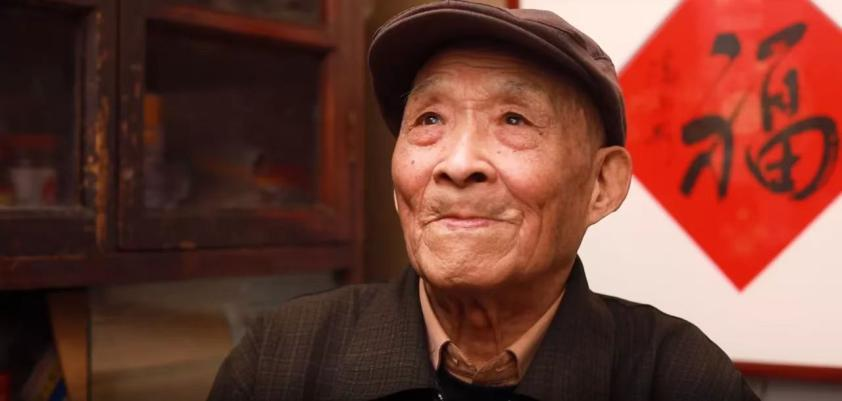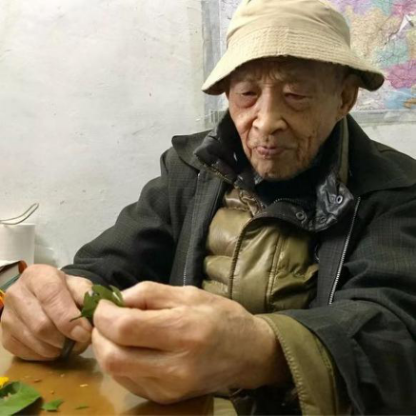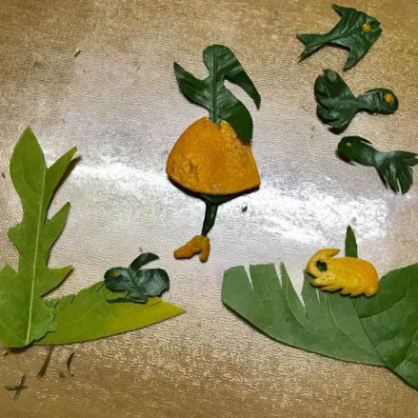The Memorial Hall Invited Descendants of Nanjing Massacre Survivors to Tell "The Decade of My Grandparents "
This year marks the 85th commemoration of the Nanjing Massacre. As of the releasing of this issue, there are only 55 survivors of the Nanjing Massacre. The survivors are getting older and older, and their memories need to be passed on by future generations. With the theme of "The Decade of My Grandparents", the Memorial Hall conducted an article solicitation activity for the survivors' descendants to tell stories about their ancestors from the perspective of memory inheritance. At present, six episodes have been released.
Wang Heng, a survivor of the Nanjing Massacre, died on April 7 this year at the age of 100. After the fall of Nanjing in 1937, his father was beaten harshly by Japanese soldiers. His body was swollen and he couldn't take care of himself. He died before the Spring Festival that year. Wang Heng's granddaughter Wang Lian shared that when his grandfather was 89 years old, he opened a microblog to tell netizens about history. He was an industrious, thrifty old man who liked to meddle in "everyone’s business".
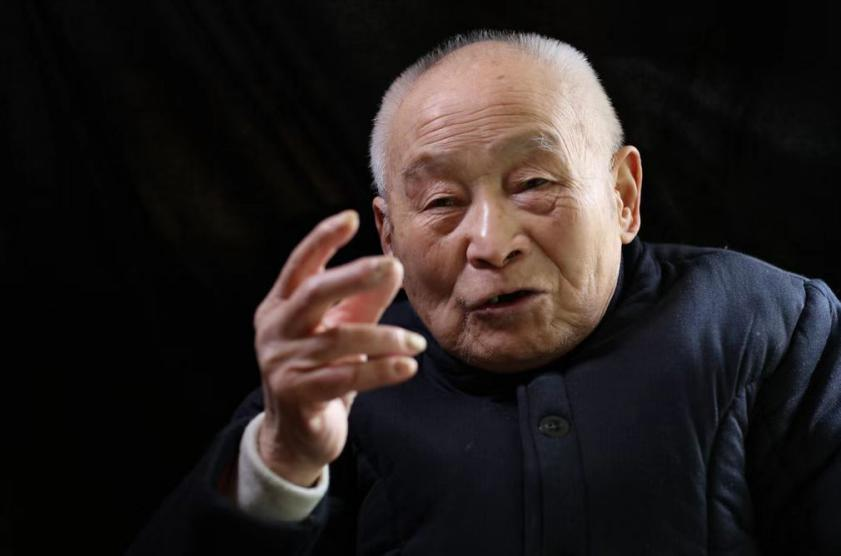
During the Nanjing Massacre, Ai Yiying's father, Ai Renyin, two uncles Ai Renbing and Ai Renlin, two cousins, Ai Yisheng and Ai Yirong, as well as her aunt’s husband and son surnamed Ping, were captured by Japanese soldiers. Only Ai Yirong was rescued, and the others were all killed by the Japanese, leavingmany"Ai widows". Huang Rui, Ai Yiying's grandson wrote: "Every time Grandma talks about these sad stories, she tears and chokes." Ai Yiying has four sons, three granddaughters and one grandson. She has a happy life now, and her children and grandchildren are all filial。
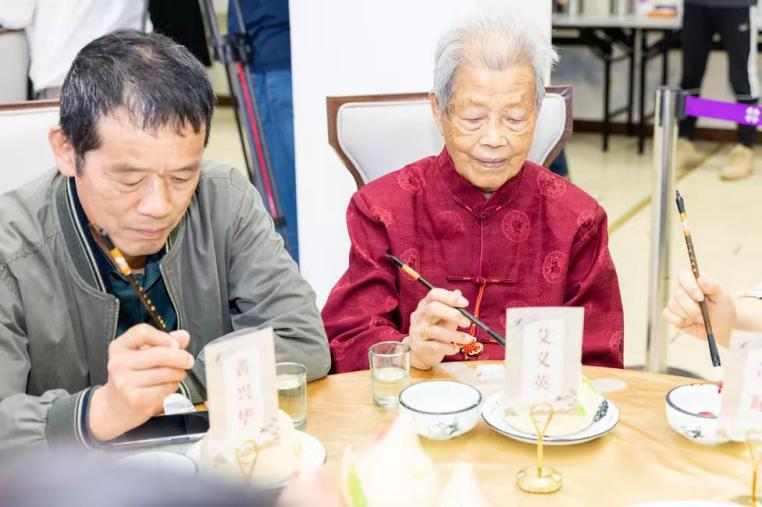

On the eve of the 2022 Spring Festival, Ling Xi, deputy director of the Memorial Hall visited Ai Yiying
Ge Daorong, a survivor, was born in 1927 and is 95 years old this year. During the Nanjing Massacre, his uncles Ge Zhixie, Pan Zhaoxiang and Wang Junsheng were killed by the Japanese soldiers. In an article wrote by Ge Yun, Ge’s grandson, in order to remember this history, Ge Daorong had compiled his family's experiences during the Nanjing Massacre into a personal memoir of more than 100000 words. He has passed special "family heirloom” on to every descendant of the Ge family. Now Ge Qianying, Ge Yun's daughter and Ge Daorong's great granddaughter is a Zijin Grass volunteer in the Memorial Hall. She often takes part in various social education activities in the Memorial Hall, passing on the seeds of "remembering history and cherishing peace" to more people.

In his diary on February 11, 1938, John Rabe recorded a tragic incident: "On December 13, about 30 Japanese soldiers broke into the house on No.5 Xinlukou of Nanjing’s Mendong area, nearly killed all members of Xia’s family, and stabbed a 7-year-old girl hiding in the room with a bayonet..." That 7-year-old girl was Xia Shuqin, a survivor of the Nanjing Massacre. Her granddaughter Xia Yuan wrote: "When Grandma was in her 20s, she worked during the day and studied at night. She was diligent and thrifty, and taught future generations to study hard and be fair in everything." On August 15 this year, Xia Yuan and her son Li Yuhan received the certificate of "inheritor of the historical memory of the Nanjing Massacre" from Xia Shuqin. Xia Yuan said, "In the next decade, I will firmly hold this 'baton' and shoulder the responsibility of inheriting the historical memory of the Nanjing Massacre."

In an article wrote by Ruan Jie, the grandson of survivor Ruan Dingdong, when Ruan Jie was in primary school, his writing My Grandfather won the prize in school. He went home and read it to his grandfather. His grandfather silently shed tears. This writing reminded Ruan Dingdong of his grandfather: In December 1937, Ruan Jiatian fled to the north of the Yangtze River in Nanjing with Ruan Dingdong who was only seven months old at that time. When they fled to the Yanziji at the river bank, his grandfather was so seriously injured as he was stabbed by Japanese soldiers by protecting Ruan Dingdong that he tried hard to climb onto a boat in great pain. After crossing the river, he couldn't stand and fell on the river bank. Later, he was carried home by his family and died soon. He was only 47. Today, Ruan Dingdong likes to play chess on a tablet computer. The community and the Memorial Hallare very concerned about him. His grandson Ruan Jie became a Zijin Grass volunteer in the Memorial Hall, telling the Chinese and foreign visitors about Ruan Jiatian’s and Ruan Dingdong’s experiences during the Nanjing Massacre.
On December 13, 1937, Chang Zhiqiang, only 9 years old, witnessed the tragic death of his relatives by the Japanese killing saber. Before she died, his mother struggled to nurse his youngest brother the last time. Chang Zhiqiang became an orphan. His granddaughter Chang Kaiyun wrote: In order to survive, my grandpa sold youtiao(deep-frieddough sticks) and shaobing(sesameseed cake), picked up pine needles and dead branches on Zijin Mountain, and sold rice. In this way he made his living." For the past decade, Chang has been living a full life of singing, painting, paper-cutting and reading. He has a "Xanadu" in his mind.
